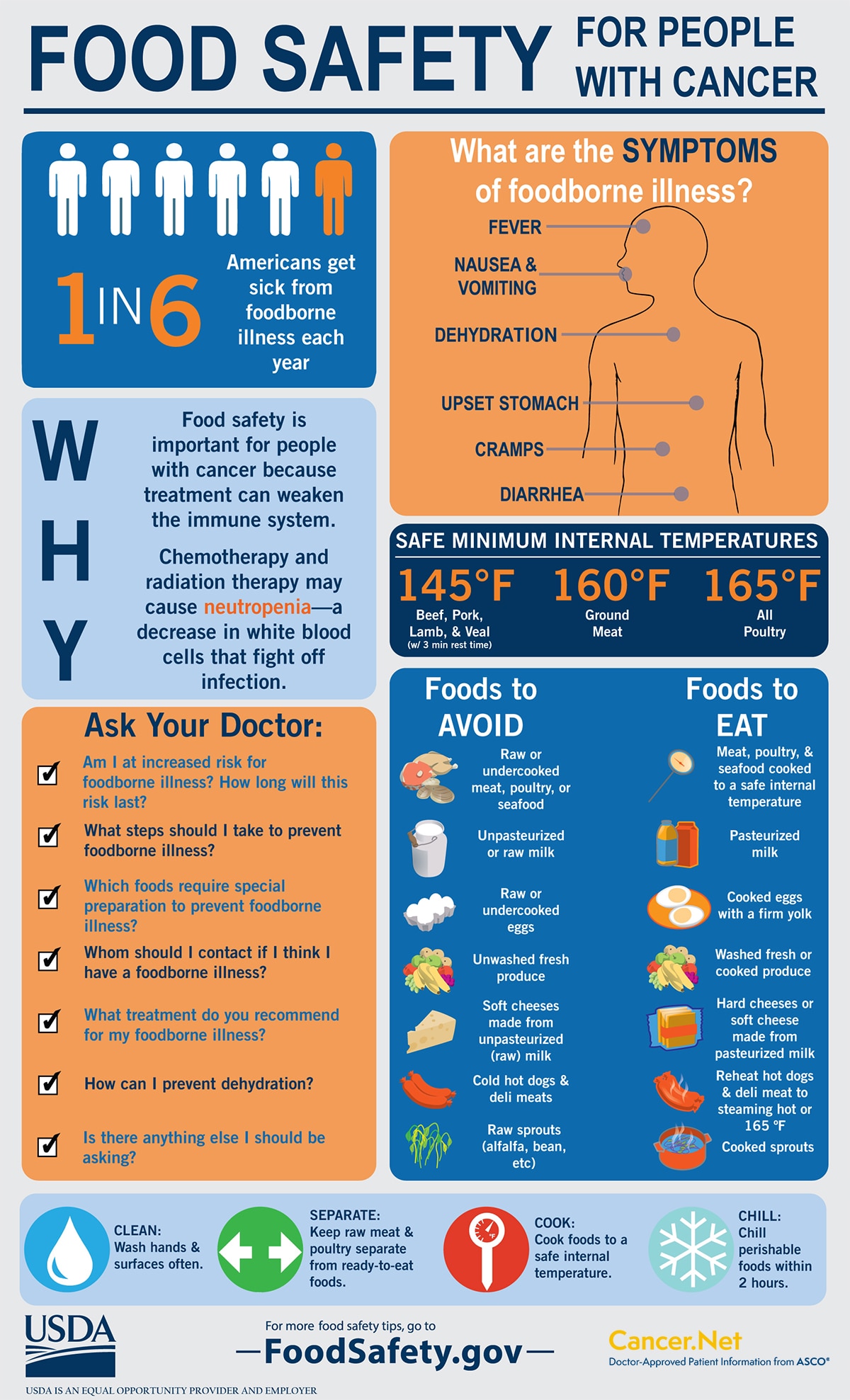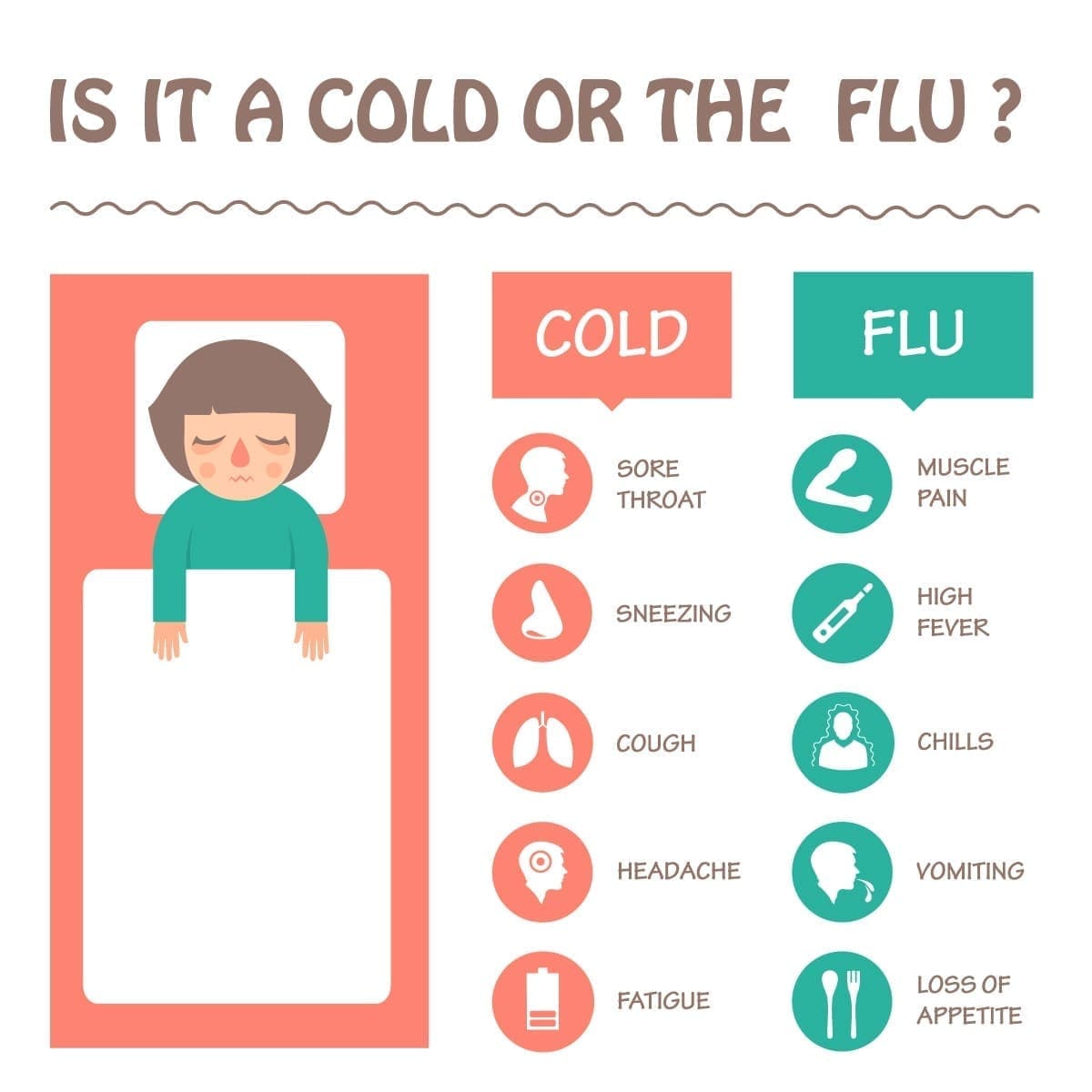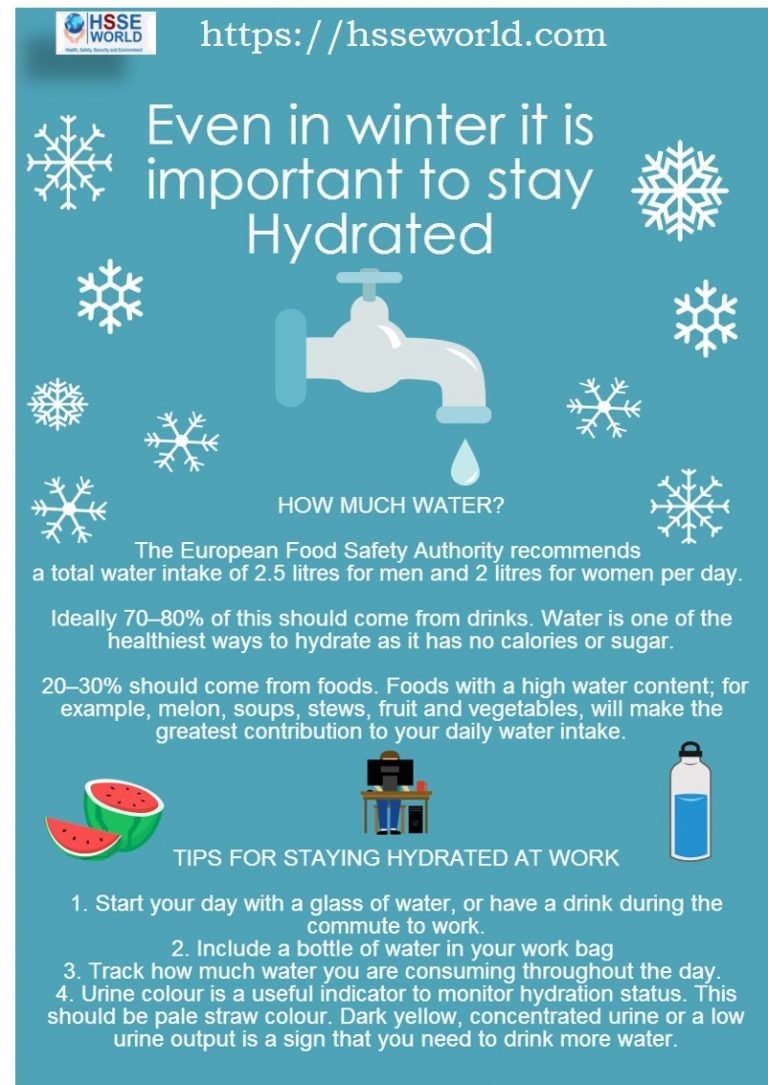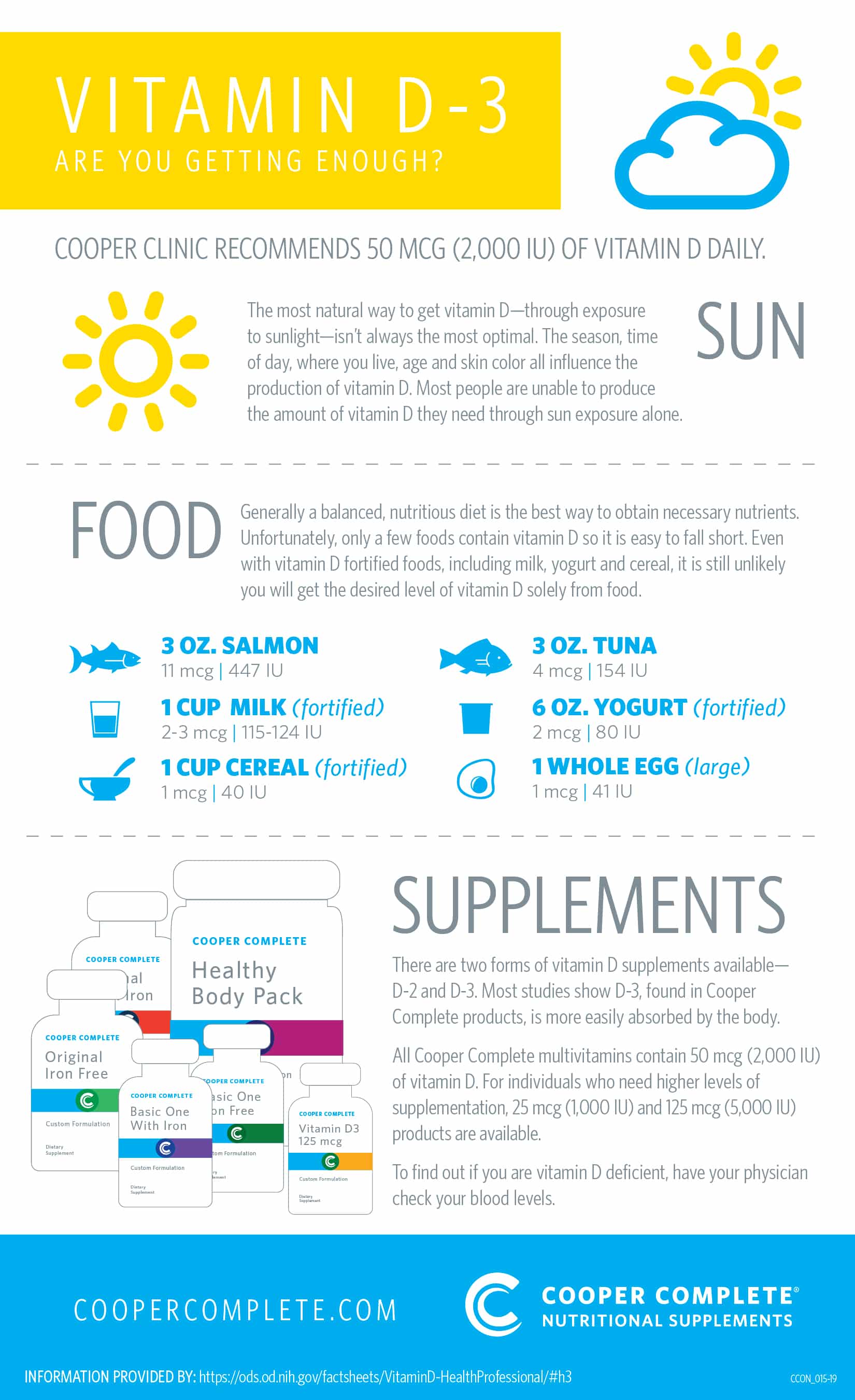Natural Environment and Immune System
Immersing oneself in the great outdoors can significantly bolster the immune system, making individuals more resilient against common colds. Fresh air, abundant in natural environments, carries an array of microbes that can help strengthen the immune system, enabling it to better combat pathogens. Moreover, spending time outside increases exposure to phytoncides, organic compounds released by plants, which have been shown to boost the immune system’s white blood cell count and improve overall health.
Vitamin D, often referred to as the “sunshine vitamin,” is another crucial factor in immune function. Sunlight exposure helps the body produce this essential nutrient, which plays a vital role in defending against viral infections. Research has indicated that individuals with lower vitamin D levels may be more susceptible to catching colds, suggesting that time spent outside in the sunlight can contribute to overall cold resistance.
Furthermore, increased physical activity is a well-known immune system supporter. Engaging in gentle exercises like walking or jogging outside can help stimulate the immune system, enabling it to better identify and destroy pathogens. This heightened immune response can reduce the likelihood of contracting a cold or shorten the duration of cold symptoms.
Alleviating Cold Symptoms Through Outdoor Activities
Being outside can offer relief for various cold symptoms, such as congestion and fatigue. Gentle exercises, like walking, can help alleviate these symptoms and contribute to a quicker recovery. Physical activity increases blood circulation, which in turn helps clear nasal passages and reduce congestion. Improved circulation also promotes the delivery of oxygen and nutrients to cells, enhancing energy levels and combating fatigue.
Fresh air and sunlight exposure can further aid in alleviating cold symptoms. Fresh air can help clear stuffy noses and ease breathing, while sunlight can provide a natural energy boost. Engaging in light outdoor activities can also promote mental well-being, reducing stress and anxiety associated with being ill. This can lead to an overall improvement in the cold recovery process.
However, it is essential to listen to one’s body and avoid overexertion during outdoor activities. Strenuous activities can exacerbate cold symptoms and lead to dehydration, which may prolong the recovery process. Staying warm and hydrated is crucial to prevent worsening symptoms or the transmission of the cold to others. Balancing rest and light exercise is key to making the most of outdoor time while recovering from a cold.
Precautions and Limitations of Outdoor Activities During a Cold
While being outside can offer benefits during a cold, it is crucial to listen to one’s body and avoid strenuous activities. Overexertion can worsen cold symptoms, prolong recovery, or even lead to the transmission of the cold to others. Maintaining a comfortable body temperature and staying hydrated are essential precautions to prevent further complications.
When engaging in outdoor activities during a cold, it is best to dress warmly and in layers to accommodate changing temperatures. This can help prevent heat loss and keep the body at a stable temperature. Additionally, staying hydrated is vital to support the immune system and ensure proper organ function. Drinking plenty of fluids, such as water or herbal tea, can help maintain hydration levels and alleviate cold symptoms.
To minimize the risk of transmitting the cold to others, it is essential to practice good hygiene. This includes covering the mouth and nose when sneezing or coughing, regularly washing hands, and avoiding close contact with others. By taking these precautions, individuals can enjoy the benefits of the outdoors while recovering from a cold without compromising their health or the health of those around them.
The Role of Sunlight and Vitamin D in Cold Prevention
Sunlight exposure plays a crucial role in the body’s production of vitamin D, a nutrient vital for immune function. Research suggests that individuals with lower vitamin D levels may be more susceptible to catching colds, as this nutrient helps regulate immune responses and combat viral infections. Spending time outside in the sunlight can contribute to overall cold resistance by supporting the immune system and reducing inflammation.
During the colder months, when sunlight exposure is limited, individuals may be at a higher risk of vitamin D deficiency. This deficiency can weaken the immune system, making it more challenging to fight off cold viruses. To maintain adequate vitamin D levels, consider incorporating vitamin D-rich foods, such as fatty fish, fortified dairy products, and egg yolks, into your diet. Additionally, vitamin D supplements can help ensure sufficient intake during the winter months.
By prioritizing sunlight exposure and vitamin D intake, individuals can support their immune system and potentially reduce their risk of contracting colds. However, it is essential to remember that being outside in cold weather does not directly cause a cold. Instead, cold temperatures can contribute to a weakened immune system, making individuals more vulnerable to viral infections.
How to Balance Outdoor Time and Cold Recovery
Balancing outdoor activities with cold recovery is essential to support the healing process and prevent worsening symptoms. By monitoring symptoms and adjusting outdoor time accordingly, individuals can take advantage of the benefits of being outside while promoting recovery. Here are some practical tips for striking the right balance:
- Rest when needed: Prioritize sleep and relaxation during the initial stages of a cold. Adequate rest allows the body to direct more energy towards fighting off the infection.
- Gradually increase activity: As symptoms improve, begin incorporating gentle exercises, like walking or stretching, into your daily routine. Start with short durations and gradually increase the intensity and length of your workouts.
- Stay hydrated: Drink plenty of fluids to support immune function and maintain hydration. Avoid alcohol and caffeine, which can dehydrate the body and weaken the immune system.
- Monitor symptoms: Pay close attention to how your body responds to outdoor activities. If symptoms worsen or new symptoms appear, consider taking a break from outdoor activities and consult a healthcare professional if necessary.
- Dress appropriately: Wear layers and choose moisture-wicking fabrics to stay warm and dry during outdoor activities. Protect your extremities, as they are more susceptible to cold weather and can contribute to a weakened immune system.
By following these guidelines, individuals can safely enjoy the benefits of the outdoors while recovering from a cold. Remember, listening to your body and making adjustments as needed is crucial for a speedy and successful recovery.
The Impact of Weather and Temperature on Cold Transmission
While being outside in cold weather does not directly cause a cold, it can contribute to a weakened immune system, making individuals more susceptible to viral infections. Cold temperatures can cause blood vessels to constrict, reducing the flow of white blood cells, which play a crucial role in fighting off infections. Moreover, cold, dry air can irritate the respiratory system, making it more vulnerable to viruses.
It is essential to recognize that cold weather itself does not cause a cold. Instead, cold temperatures can create an environment that makes it easier for cold viruses to spread. When people spend more time indoors in close proximity to one another, the likelihood of virus transmission increases. Additionally, cold weather can lead to drier skin and mucous membranes, which may provide a more hospitable environment for viruses to thrive.
To reduce the risk of cold transmission during outdoor activities in cold weather, consider the following precautions:
- Wear a mask: Protect yourself and others by wearing a mask when in close proximity to others, especially in crowded or poorly ventilated areas.
- Maintain distance: Keep a safe distance from others to minimize the risk of virus transmission.
- Practice good hygiene: Regularly wash hands, avoid touching the face, and cover the mouth and nose when sneezing or coughing.
- Stay hydrated: Drink plenty of fluids to support immune function and maintain hydration, which can help keep mucous membranes moist and resilient.
By taking these precautions, individuals can enjoy the benefits of the outdoors in cold weather while minimizing the risk of cold transmission and a weakened immune system.
Seasonal Variations in Cold Occurrence and Outdoor Activities
Seasonal variations in cold occurrence can impact outdoor activities and overall health. While colds are more common during colder months, being outside and engaging in physical activity can still offer numerous benefits year-round. Maintaining immune system support and outdoor time throughout the year is crucial for overall well-being.
During the colder months, it is essential to take extra precautions to support the immune system and prevent cold transmission. This includes dressing warmly, staying hydrated, and practicing good hygiene. Engaging in gentle exercises, like walking or stretching, can help alleviate cold symptoms and improve energy levels without overexerting the body.
As the weather warms up, individuals can gradually increase the intensity and duration of their outdoor activities. Warmer temperatures and increased sunlight exposure can boost vitamin D production, further supporting immune function. However, it is still important to monitor symptoms and adjust outdoor time accordingly to avoid overexertion and worsening symptoms.
Throughout the year, incorporating outdoor activities into a regular routine can help support the immune system, improve mental health, and enhance overall quality of life. By taking proper precautions and listening to one’s body, individuals can enjoy the benefits of the outdoors while minimizing the risk of catching or transmitting a cold.
https://www.youtube.com/watch?v=WhxPVb7I7Cs







